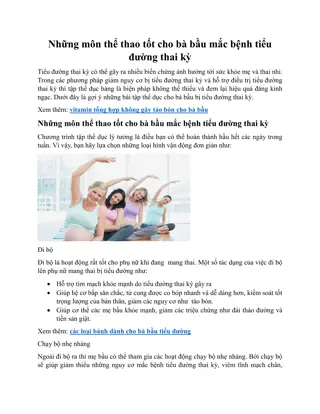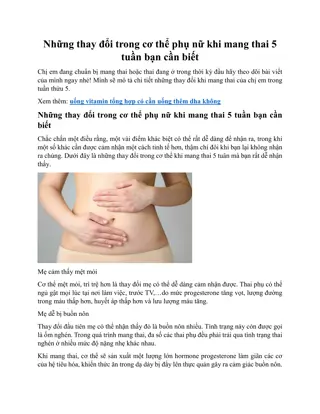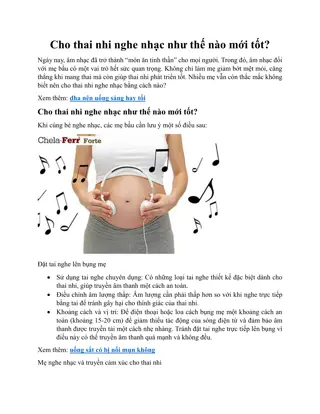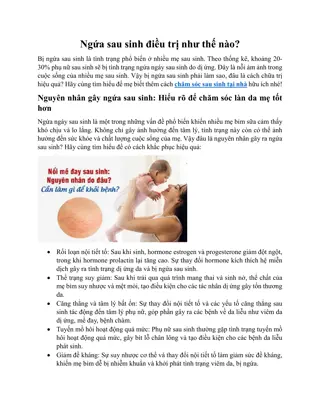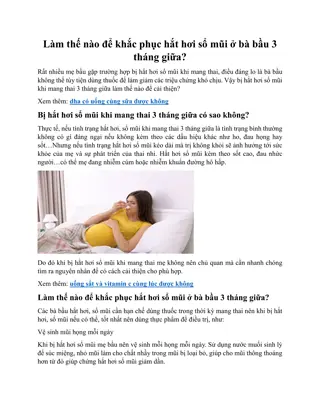
Analysis of "The Schoolboy" Poem from Songs of Innocence and of Experience
Explore the themes of innocence and education protest in William Blake's poem "The Schoolboy" from Songs of Innocence and of Experience. The poem reflects a child's lament against the constraints of traditional schooling that hinder youthful joy and growth, advocating for a more natural and free form of education. This analysis delves into the imagery, metaphors, and messages conveyed in the poem.
Download Presentation

Please find below an Image/Link to download the presentation.
The content on the website is provided AS IS for your information and personal use only. It may not be sold, licensed, or shared on other websites without obtaining consent from the author. If you encounter any issues during the download, it is possible that the publisher has removed the file from their server.
You are allowed to download the files provided on this website for personal or commercial use, subject to the condition that they are used lawfully. All files are the property of their respective owners.
The content on the website is provided AS IS for your information and personal use only. It may not be sold, licensed, or shared on other websites without obtaining consent from the author.
E N D
Presentation Transcript
Songs of Innocence and of Experience Songs of Innocence and of Experience S Shewing the Two hewing the Two C Contrary ontrary S States of the Human Soul tates of the Human Soul The Schoolboy The Schoolboy
The School Boy Look at the illustration, what do the they tell you about the themes of this poem?
The School Boy This is a lovely poem is a sustained protest against the destruction of innocence and youthful joy in life by dreary schooling, where fears and sorrows cause dismay. Self development had been Blake s own means of education. In the left-hand margin is an indeterminate plant with a bird taking wing from its summit. On the right are intertwining vines, three boys are climbing up stems, and a fourth sits at the top happily reading the book he was unable to enjoy in school. On the ground two boys and a girl are gathering the fruits fallen from the vine.
The Schoolboy The poem is a first person narrative, the tone is conversational. It is a monologue. The schoolboy remembers what is it like to rise in a summer morn without constraint, but this memory combines with his present experience of school, of rules and regulations. He is convinced that he is wasting the all too brief spring time of his life. Lines 14 and 15 develop the crucial metaphors linked to growth, the seasons and nature. Bower can mean somewhere quiet and intimate and also a shelter made of plants in a garden. Neither the seclusion nor the contact with nature is available in the classroom, but both are found by the boy in his illustration, reading at the top of a tree. The shower described does not bring growth but instead dulls the senses with monotonous instruction, dreary shower . Nor in my book can I take delight . Here Blake is not saying that books are somehow dull in themselves but that the imposition of controls and constraints on his reading and learning, are damaging. This poem can be read as an appeal against the early imposition of unnatural and unnecessary learning. Blake does not see formal education as an advantage but that to be at school is to be taken away from the more real education that can be provided by natural world outside.
The Schoolboy https://www.youtube.com/watch?v=_6ByG7q74qg Quotation Meaning Winds his horn Sounds it by blowing A cruel eye outworn Teacher is out of date, dull and repetitive. Education is used by those with power to subdue the working classes and to maintain the state as it is. Learning s bower Learning, so potentially wonderful is spoiled and now offers no delight to the narrator. Bower can mean somewhere quiet and intimate (as a lady s boudoir) and also a shelter made of plants in a garden. Neither the seclusion nor the contact with nature is available in the classroom, but both are found in the illustration who is comfortably seated at the top of a tree reading a book. With the dreary shower Monotonous instruction Droop his tender wing A continuation of the bird extended comparison. Cage The classroom, his upbringing, or even the physical body Buds The start of the extended metaphor comparing children to plants. The appeal to the parents suggests that it is not only the school master who is a source of frost to nip and gales to blow. What are the consequences in adulthood of such a misguided upbringing? Mellowing Ripening; there will be no harvest of summer fruits before the winter of old age sets in.
Imagery derived from myth The imagery that Blake derives from myth is less important in the Songs than elsewhere in his poetry, but there is one important myth which is arguably the source of a number of images in the Songs. There was a neo-Platonist theory (derived from the belief of the Greek philosopher Plato in the immortality of the soul) that the soul existed before birth. When the soul entered the body at birth it was, as it were, entering a prison and suffering a loss of freedom that was paradoxically closer to death than life. Thus the physical body can even perhaps be thought of as a coffin from which the soul is set free at death to return to full freedom and life. Physical existence is seen in this mythology as moisture, as in clouds the are the bodies of some children and infants in the poems (Infant Sorrow), or as in the wat ry shore on which Earth is imprisoned in Earth s Answer. In light of the above consider whether the cage in The Schoolboy can be images of the body.
Discussion In The Schoolboy the cage seems most obviously to be an image of the school in which the boy is trapped, but a secondary interpretation could be that the bird is the soul trapped in the body, just as the boy s soul is trapped in both the body and the uncongenial upbringing that his parents and schoolteachers have imposed on him.
Useful links https://padlet.com/s_newton/kv6rt6mvz84v https://www.youtube.com/watch?v=_6ByG7q74qg







